Copyright © Université du Luxembourg 2025. All rights reserved.




AI is like having a digital brainy buddy that can process information, make decisions, and even improve itself over time. Just like you learn from your experiences, AI can learn from the massive amount of data it munches on. It’s like feeding your buddy a never-ending buffet of information to feast upon.
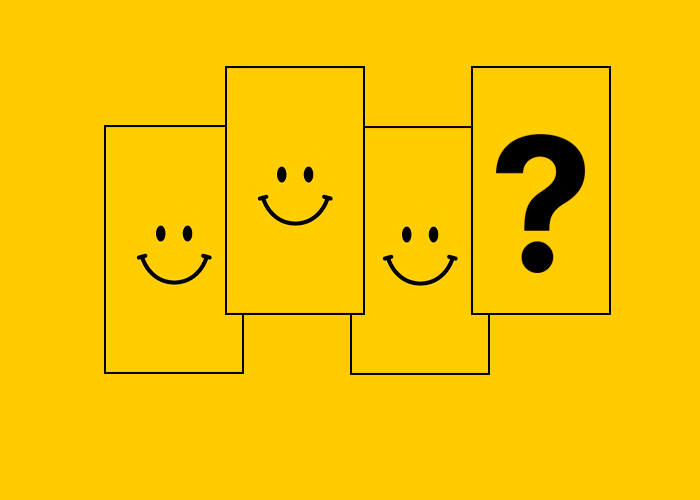
Well, it all starts with something called algorithms. These are like super special recipes that tell the computer buddy what to do with the data. Think of it as giving your buddy a step-by-step guide on how to solve problems or make predictions.
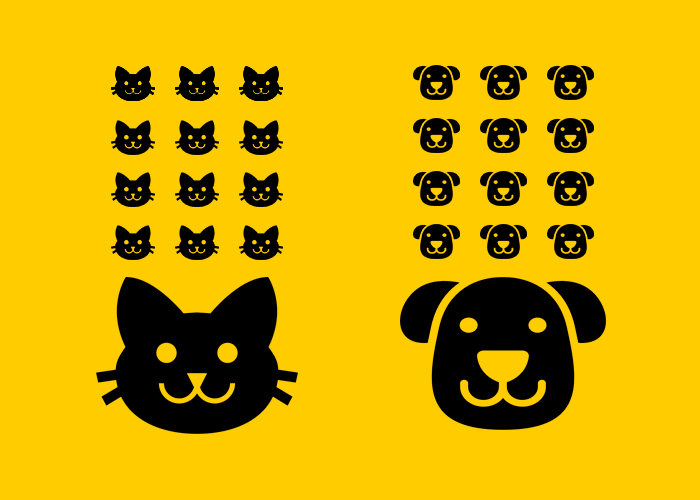
AI can use different types of algorithms. One cool type is called “machine learning”. It’s when the computer buddy analyzes lots of examples to spot patterns and make predictions. It’s like giving your buddy a bunch of pictures of dogs and cats, and it figures out how to tell them apart. So, next time you ask it, “Is this a dog or a cat?” it can impressively answer correctly.
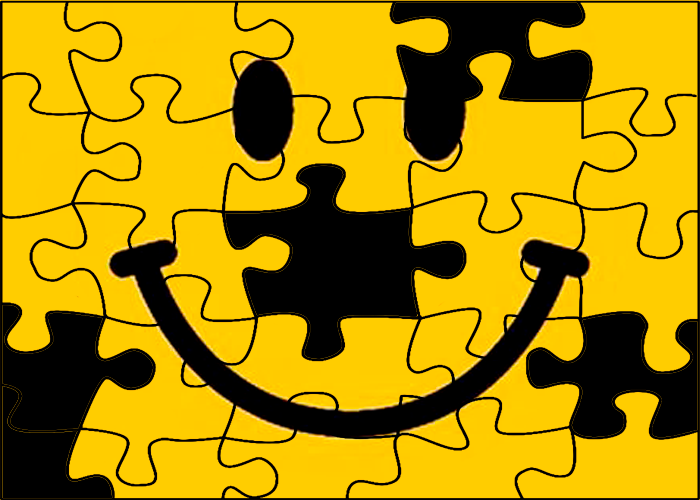
Another type is “deep learning” which is like giving your buddy a whole bunch of puzzles to solve. It breaks down the problems into smaller pieces, just like how you’d solve a big puzzle by starting with the corners and edges first. Gradually, your buddy becomes a puzzle-solving champion!

Sometimes AI can make mistakes or get confused. Imagine your buddy trying to guess the meaning of a word without knowing the context—it could end up saying something really silly! That’s why it’s important for us humans to guide and double-check its decisions, kind of like how you make sure your buddy doesn’t wear mismatched socks.
So, that’s AI in a nutshell—a clever digital buddy that learns, solves problems, and surprises us with its abilities. It’s like having a genius pal who can handle mind-boggling tasks. Just remember, behind all the AI magic, there’s still room for us humans to lend a helping hand and keep things on the right track. Together, we make an unbeatable team!
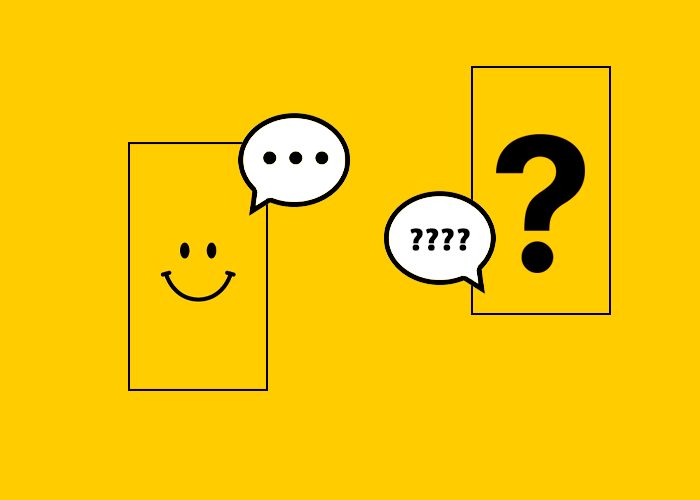
Imagine you have a chatty little buddy who lives inside your computer or phone. This buddy is like a virtual assistant, but way more fun. It’s programmed to talk to you, understand your questions, and give you helpful answers. It’s like having a super smart friend who’s available 24/7, no matter how many times you ask, “Hey, buddy, what’s the weather like today?”
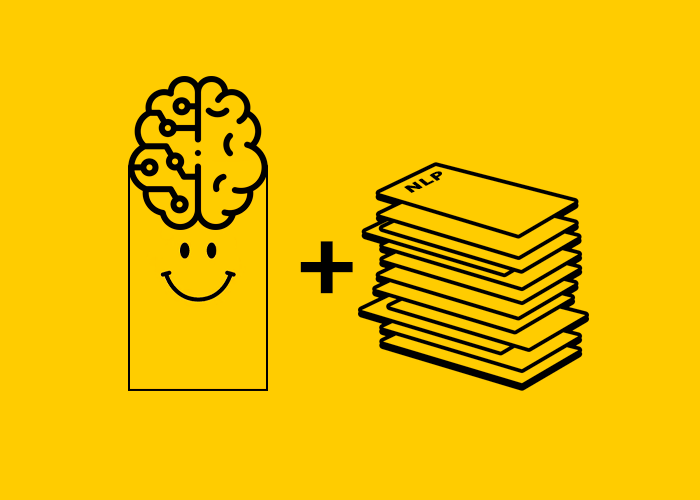
Chatbots use something called Natural Language Processing (NLP). It’s like giving your buddy a crash course in human language. It learns to understand what you’re saying, even if you’re not using robotic computer speak.
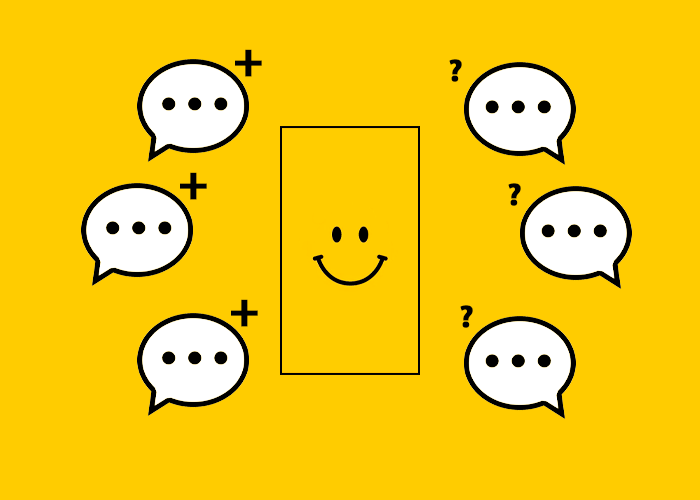
Just like you learn from conversations, chatbots learn too. They start by studying a bunch of examples of conversations between humans. It’s like reading a zillion chat logs and figuring out the patterns of how people talk and ask questions. They become language detectives, sniffing out the meaning behind your words.
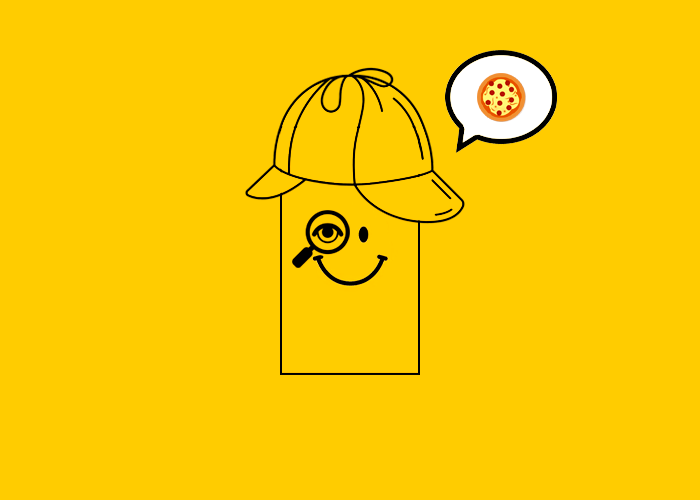
Now, here’s where it gets really cool. Chatbots use something called “intent recognition”. It’s like they’re wearing tiny detective hats, trying to understand what you’re trying to achieve with your question. Are you looking for information, asking for a joke, or wanting to order a pizza? The chatbot is on the case, ready to deliver the right response.

But wait, there’s more! Chatbots can also be powered by AI. Remember our AI buddy from before? Well, chatbots can tap into that brainy power too. They use algorithms to analyze the data from conversations and learn how to respond better over time. It’s like your buddy is constantly upgrading their chat skills, becoming the ultimate conversation champ.
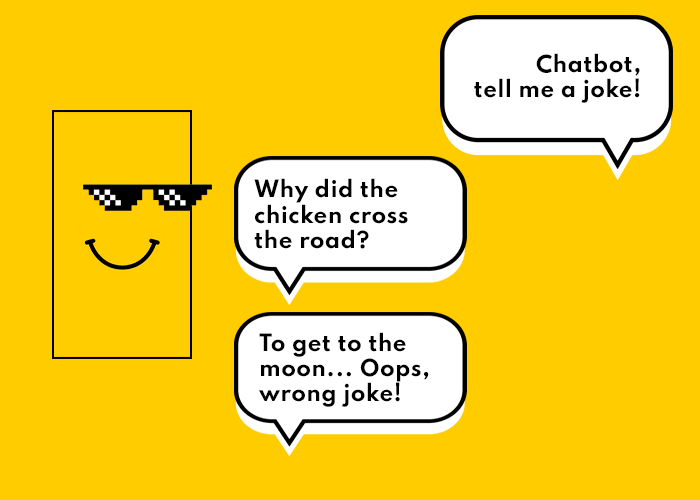
Of course, chatbots aren’t perfect. Sometimes they might not quite get what you’re saying or give you a funny response that doesn’t quite make sense. But hey, that’s part of the fun! It’s like having a quirky friend who occasionally tells the weirdest jokes or gets their words mixed up.

So, there you have it—chatbots, the talkative companions who understand your questions and deliver answers with a digital smile. They’re your go-to pals when you need information, a friendly chat, or a quick laugh. Just remember, behind all the chatbot magic, it’s still us humans who create and fine-tune them, making sure they’re the best conversation buddies around.
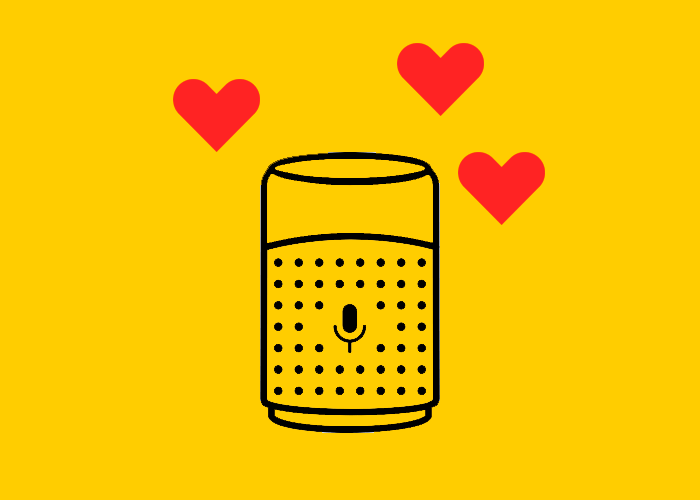
Smart Assistant: Ever talked to Siri, Alexa, or Google Assistant? They’re like your personal AI superheroes. They can answer questions, set reminders, play your favourite tunes, and even tell you some cheesy jokes. They’re the voice-activated pals who make your life a little easier and more entertaining.

Social Media: Ah, the realm of likes, shares, and endless scrolling. Behind the scenes, AI is working its magic to show you posts and ads that match your interests. It learns what you like, analyzes your behaviour, and serves up content that keeps you hooked. It’s like having a virtual DJ who spins the tunes you love.

Video Streaming: Binge-watching your favourite shows? AI is your silent entertainment partner. It suggests new series and movies based on your preferences and viewing history. It’s like having a clever friend who knows your taste in shows better than you do!
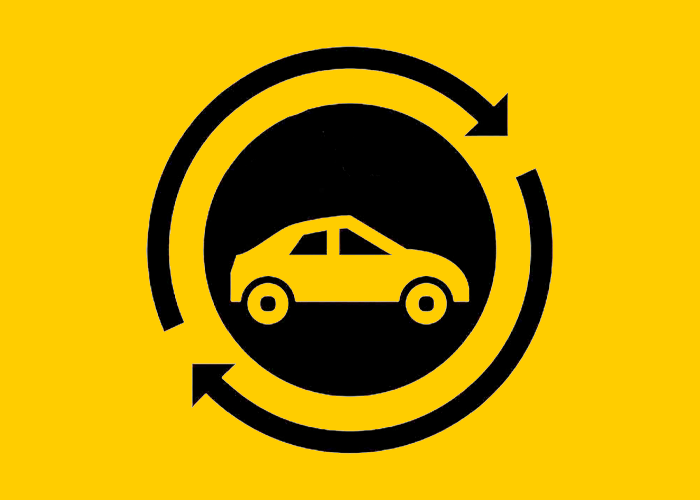
Ride-Sharing Apps: When you hop into an Uber or Lyft, you can thank AI for getting you to your destination smoothly. It’s the brain behind the scenes, matching you with the closest driver, calculating the best route, and even predicting the estimated arrival time. It’s like having a navigation expert who’s always by your side, except it lives on your phone.

Virtual Gaming: Love playing video games? AI is your virtual gaming companion. It creates intelligent opponents, generates game levels, and even adapts the game difficulty to match your skills. It’s like having an unpredictable gaming buddy who keeps you on your toes.
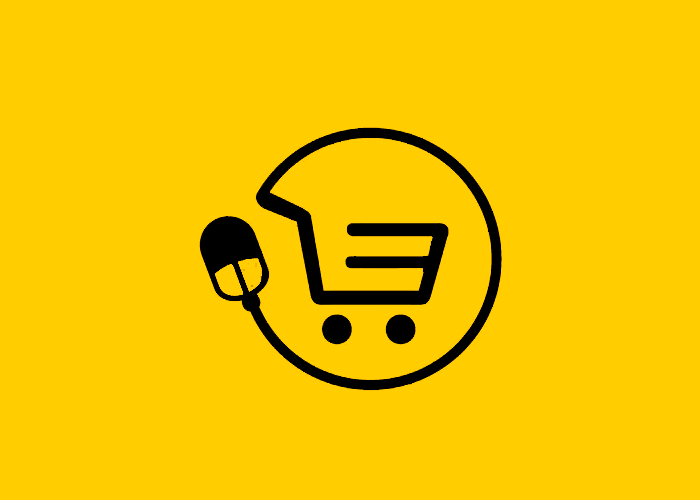
Online Shopping: When you’re browsing your favourite online store, AI is working hard to show you personalized recommendations. It analyzes your shopping history and preferences to suggest items you might like. It’s like having a shopping guru who magically knows your fashion taste or gadget obsession.
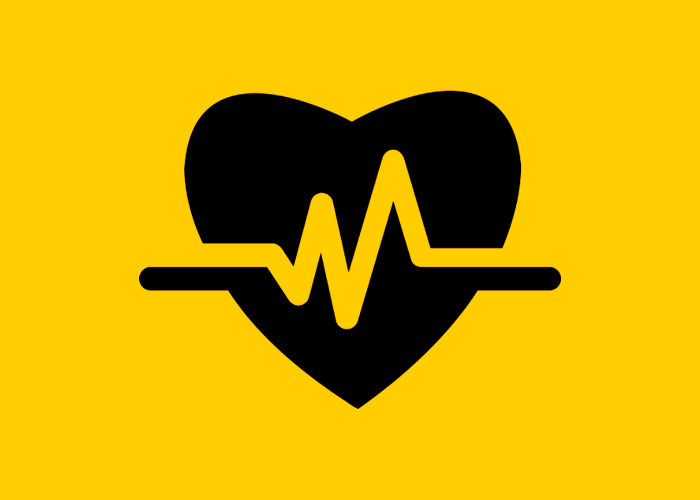
Healthcare and Diagnostics: AI isn’t just about fun and games—it can also save lives! In healthcare, AI is used to analyze medical data, help diagnose diseases, and even assist in surgery. It’s like having a brilliant medical expert who can spot potential health issues and suggest the best treatment options.
Copyright © Université du Luxembourg 2025. All rights reserved.